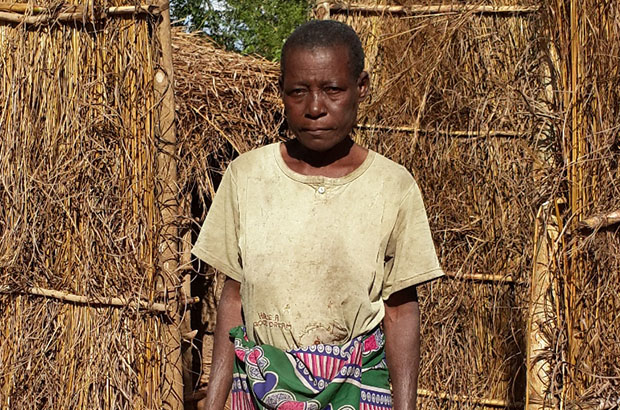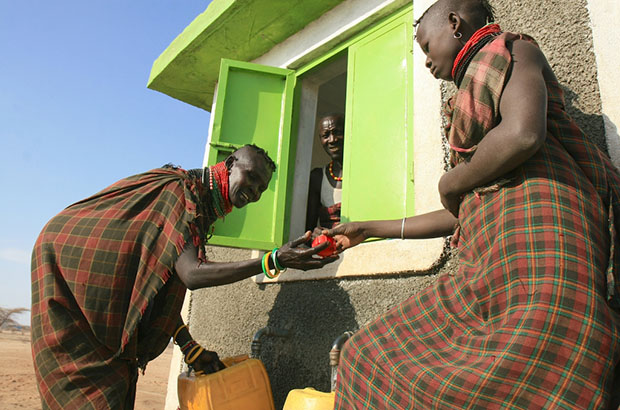This week I will be going to the annual World Water Week in Stockholm – the theme this year is Water for Development. This event brings the world’s water community together to debate the big issues facing water and sanitation and to discuss new solutions and find new partners for (often old) problems. It is particularly exciting this year as the new sustainable development goals (the SDGs) will be agreed with a shiny new Goal 6 on water. I am, like most others who work on these issues, very excited at the opportunity that we now have to help ensure a water secure future for everyone.
But whilst being in Stockholm and debating new development frameworks is very exciting, I am always struck by the importance of remembering why such basic services like water and sanitation are so important. The past couple of weeks have seen people in Lancashire having to boil their water because of contamination by cryptosporidium. Annoying, but manageable. Very different from the people I and my colleagues work with in 25 countries in Africa and Asia, whose water is routinely contaminated and a long way away.

This is why DFID made providing water and sanitation such a priority because these basic services make a real difference to people’s lives. And acquiring your first latrine is something people can experience at any point of their life. Take the example of Maria, a 70 year old subsistence farmer in Mozambique who is a full-time carer for a 9 year old grandson. This year, thanks to a programme funded by DFID and implemented by the SNV, Maria built and started using her first latrine. Moreover her 9 year old grandson – the same age as my own daughter – will grow up using a latrine as Maria had to invest her hard-earned money to pay for a new latrine. And just like when I was improving my own home, choosing the right toilet was a big decision.
Or listen to Jacinta Atiir from Turkana in Northern Kenya. The Consortium for Sustainable water, sanitation and hygiene and fragile contexts (SWIFT) funded by DFID has provided her community, Chok Chok with a water supply. Before June, she and the other women and children in the village would get up before dawn and walk two and half miles to the nearest water point, where they would queue up to collect as much as they could carry on their heads in the heat. ‘We only had time to go and collect water once a day,’ says Jacinta, who has five children. ‘We would often go to bed thirsty because the water was finished’. Now with a pipeline and two water kiosks with tanks in her village, Jacinta said ‘It takes no time, less than a minute to walk there’. She and her family are now able to wash regularly and are suffering less from diarrhoea. Perhaps most importantly her children are no longer missing school to collect water and she has more time to collect palm leaves, which she uses to make brooms to sell, earning money for food and clothes. This new water supply is so important to her that Jacinta hopes to be chosen to be on the water management committee to oversee operation and maintenance of the system and introduce charges for its use to ensure its long-term sustainability. Jacinta says ‘I don’t want to see it mismanaged, and I don’t want to have to go back to collecting water from that faraway place.’

Two real-life stories that show the difference aid money can make to poor people’s lives in something so simple as water and sanitation.
So what impact will this have as the water world meets in Stockholm? For me, it is the basic reason why I have the conversations I do with other donors to ensure we target our money on those who need it most and we find resources to support the development of these services. It is why I discuss with partners from governments, united nation agencies and non-governmental organisations about how we can work together more effectively to build stronger systems and support people gain access to services. And why I discuss with researchers new and better ways of delivering services. Although it may seem like a lot of talking (and it is), it has a real purpose in agreeing new ways of providing funds to water and sanitation, in ensuring services are sustainable and in building strong partnerships.
Oh, and yes there is plenty of pickled herring to eat, whether this is a good thing is rather a personal choice……

Recent Comments